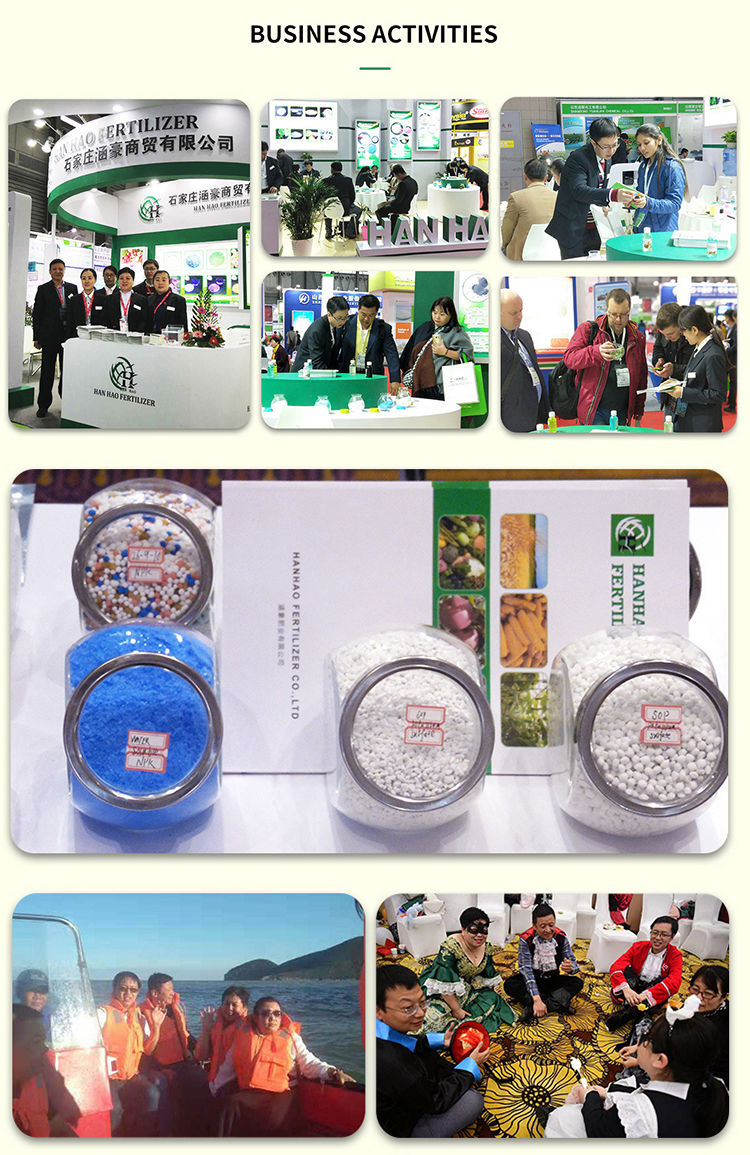
Jul . 27, 2024 23:16 Back to list
Top Quality Humic Acid and Potassium Humate for Enhanced Soil Health and Plant Growth
The Benefits of Humic Acid and Potassium Humate for Soil Health and Plant Growth
In the quest for sustainable agriculture and effective soil management, humic substances have emerged as invaluable tools for farmers and gardeners alike. Among these, humic acid and potassium humate stand out for their remarkable benefits in enhancing soil health and promoting robust plant growth.
Understanding Humic Acid and Potassium Humate
Humic acid is a complex organic substance formed through the decomposition of plant and animal materials in soil. It is a key component of humus, contributing to soil fertility and structure. Potassium humate is a soluble form of humic acid that has been enriched with potassium, an essential nutrient for plant growth. Both these substances are vital for creating a thriving ecosystem in the soil, ultimately supporting healthy crops.
Enhancing Soil Structure
One of the primary benefits of humic acid and potassium humate is their ability to improve soil structure. They help to increase the aggregation of soil particles, which enhances aeration and water retention. This improved structure allows roots to penetrate more deeply and access nutrients and moisture more effectively. Healthier soil leads to better root development, enabling plants to thrive.
Nutrient Availability
Humic acid and potassium humate play a crucial role in nutrient availability. They possess a unique ability to chelate or bind essential nutrients in the soil, making them more accessible to plants. This means that nutrients such as nitrogen, phosphorus, potassium, and various micronutrients are retained in the root zone, reducing nutrient leaching and improving uptake efficiency. By promoting nutrient availability, these substances directly contribute to healthier and more vigorous plant growth.
best humic acid potassium humate

Stimulating Microbial Activity
The presence of humic acid in the soil encourages microbial activity, which is essential for a healthy soil ecosystem. Beneficial microorganisms, including bacteria and fungi, thrive in the presence of humic substances, leading to increased organic matter decomposition and nutrient cycling. This microbial activity not only helps in the breakdown of organic matter but also aids in suppressing soil-borne diseases, contributing to overall plant health.
Enhancing Plant Growth and Yield
Studies have shown that the application of potassium humate can lead to significant improvements in plant growth and yield. This is due to its role in stimulating root development, enhancing photosynthesis, and boosting overall plant vigor. Plants treated with potassium humate often exhibit increased biomass, improved flowering, and higher fruit and grain yields. The enhanced nutrient uptake and stress resilience also mean that plants can better withstand adverse environmental conditions, such as drought and soil salinity.
Environmental Benefits
In addition to their agronomic advantages, humic acid and potassium humate also offer environmental benefits. By improving soil health, they contribute to better water retention and reduce the need for chemical fertilizers, which can lead to groundwater contamination. Their role in enhancing nutrient cycling supports sustainable farming practices, promoting ecological balance and reducing chemical inputs in agriculture.
Conclusion
In conclusion, humic acid and potassium humate are essential components of modern agricultural practices aimed at enhancing soil health and promoting sustainable crop production. Their ability to improve soil structure, increase nutrient availability, stimulate microbial activity, and boost plant growth makes them indispensable for gardeners and farmers seeking to maximize their yields while protecting the environment. As we strive for more efficient and sustainable farming methods, the use of humic substances like humic acid and potassium humate will undoubtedly play a significant role in the future of agriculture. By integrating these natural compounds into soil management strategies, we can look forward to healthier soils and more productive crops for generations to come.
-
Premium Organic Manure Compost for Eco Gardens
NewsAug.01,2025
-
Organic 10-10-10 Fertilizer | Balanced Plant Nutrients
NewsJul.31,2025
-
Premium Amino Acid Fertilizer | Rapid Plant Growth Booster
NewsJul.31,2025
-
10 10 10 Fertilizer Organic—Balanced NPK for All Plants
NewsJul.30,2025
-
Premium 10 10 10 Fertilizer Organic for Balanced Plant Growth
NewsJul.29,2025
-
Premium 10 10 10 Fertilizer Organic for Balanced Plant Growth
NewsJul.29,2025
